Best Hand Tools for Professionals
Introduction
Looking for the best hand tools to add to your professional toolkit? Look no further! In this article, we've curated a list of top-quality hand tools that are essential for professionals in various industries. Whether you're a carpenter, plumber, mechanic, or electrician, having the right tools is crucial for getting the job done efficiently and effectively.
Our selection includes a wide range of hand tools, from screwdrivers and wrenches to hammers and pliers, all designed to meet the highest standards of durability and performance. We've researched and tested numerous brands to bring you the very best options available in the market.
Incorporating the latest advancements in technology and ergonomic design, these hand tools are not only reliable but also comfortable to use, reducing fatigue and increasing productivity. With their superior grip, precision, and long-lasting construction, you can trust these tools to tackle even the toughest tasks with ease.
Whether you're a professional looking to upgrade your existing tools or just starting out in your trade, our comprehensive guide will help you make an informed decision. So, let's dive in and discover the best hand tools that will take your craftsmanship to the next level!
Importance of using the right hand tools
Using the right hand tools is essential for professionals in any industry. The right tools can make a significant difference in the quality and efficiency of your work. By investing in high-quality hand tools, you can ensure that you have the necessary equipment to handle any task that comes your way.
Having the right hand tools allows you to work with precision and accuracy, which is especially crucial in professions that require attention to detail. Whether you're measuring, cutting, or assembling, precision hand tools ensure that your work is done to the highest standards.
Moreover, using the right tools can also enhance your safety on the job. Hand tools that are specifically designed for professional use come with safety features that protect you from accidents and injuries. From non-slip handles to shock-absorbing mechanisms, these tools are engineered to keep you safe while you work.
In addition to safety and quality, using the right hand tools can significantly improve your productivity. The right tools are designed to make your job easier and more efficient, allowing you to complete tasks in less time without compromising on quality. This not only saves you time but also allows you to take on more projects and increase your earning potential.
So, whether you're a professional carpenter, plumber, mechanic, or electrician, investing in the right hand tools is crucial for your success. Choose tools that are designed for durability, performance, and comfort, and watch your craftsmanship soar.
Essential hand tools for professionals
When it comes to hand tools for professionals, there are a few essentials that every toolkit should have. These tools are versatile and can be used in various applications, making them indispensable for professionals in different trades. Here are some of the essential hand tools that should be in your toolkit:
1. Screwdrivers
Screwdrivers are a staple in any professional toolkit. Whether you're tightening screws, removing fasteners, or assembling furniture, having a set of high-quality screwdrivers is essential. Look for screwdrivers with different sizes and types of heads to accommodate various screw types.
2. Wrenches
Wrenches are another must-have hand tool for professionals. They are used for tightening and loosening nuts and bolts and come in different types, such as adjustable wrenches, combination wrenches, and socket wrenches. Invest in a set of wrenches that cover a wide range of sizes to handle different applications.
3. Hammers
Hammers are versatile tools that are used for striking, driving nails, and removing or straightening materials. Professionals often require different types of hammers, such as claw hammers, ball-peen hammers, and rubber mallets, depending on the task at hand. Choose hammers that are well-balanced, comfortable to hold, and made from high-quality materials.
4. Pliers
Pliers are indispensable hand tools for professionals who work with wires, pipes, and small objects. They are used for gripping, bending, and cutting materials. Look for pliers with ergonomic handles and a variety of jaw sizes and shapes to accommodate different applications.
5. Tape measure
A tape measure is an essential hand tool for professionals who work with measurements. Whether you're measuring distances, dimensions, or angles, a reliable tape measure is a must-have. Look for tape measures that have a sturdy construction, clear markings, and a locking mechanism to ensure accurate measurements.
6. Utility knife
A utility knife is a versatile tool that is used for cutting various materials, such as cardboard, plastic, and drywall. It's a handy tool for professionals who frequently need to make precise cuts. Invest in a utility knife with a retractable blade and a comfortable grip for ease of use.
These are just a few examples of essential hand tools for professionals. Depending on your trade, there may be additional tools that you need to add to your toolkit. It's important to invest in high-quality tools that are designed for professional use, as they will withstand the demands of your work and provide you with reliable performance for years to come.
Power tools vs. hand tools: Which is better?
When it comes to choosing between power tools and hand tools, there is no definitive answer as to which is better. Both types of tools have their advantages and disadvantages, and the choice ultimately depends on the specific task at hand and personal preference. Let's explore the pros and cons of both power tools and hand tools to help you make an informed decision.
Power tools
Power tools are electric or battery-powered tools that are designed to make tasks easier and more efficient. They are often faster and more powerful than hand tools, allowing you to complete tasks in less time. Power tools come in a wide range of options, from drills and saws to sanders and grinders, catering to different applications.
One of the main advantages of power tools is their ability to handle heavy-duty tasks that require more power and force. They can effortlessly cut through materials, drive screws, and shape surfaces, saving you time and effort. Power tools are also ideal for professionals who work on large projects or in construction settings where efficiency is crucial.
However, power tools can be more expensive than hand tools, especially high-end models. They also require a power source, whether it's an electrical outlet or a battery, which can limit their portability and accessibility on certain job sites. Additionally, power tools may have a steeper learning curve, as they often require proper technique and safety precautions to operate effectively.
Hand tools
Hand tools, on the other hand, are manually operated tools that rely on physical force and skill. They are often more precise and delicate than power tools, making them suitable for tasks that require finesse and attention to detail. Hand tools are also generally more affordable and accessible, making them a popular choice for both professionals and DIY enthusiasts.
One of the main advantages of hand tools is their portability. Since they don't require a power source, you can easily carry them with you and use them in any location. Hand tools are also quieter and produce less vibration, which can be beneficial in certain work environments. Additionally, hand tools are often easier to learn and use, making them suitable for beginners.
However, hand tools can be slower and less efficient than power tools, especially when it comes to heavy-duty tasks. They may require more physical effort and time to complete certain tasks, which can be a disadvantage in time-sensitive projects. Furthermore, hand tools may not be suitable for individuals with physical limitations or conditions that affect their grip or strength.
In conclusion, the choice between power tools and hand tools depends on your specific needs and preferences. Consider the nature of your work, the tasks you need to accomplish, and your budget to determine which type of tool is more suitable for you. In some cases, a combination of both power tools and hand tools may be the best approach, as they complement each other's strengths and weaknesses.
Quality vs. affordability: Finding the right balance
When it comes to choosing hand tools, striking a balance between quality and affordability is essential. While it's tempting to opt for the cheapest options available, investing in high-quality tools can save you money in the long run. Here are some factors to consider when finding the right balance between quality and affordability:
1. Durability
High-quality hand tools are built to last. They are made from durable materials, such as hardened steel or chrome vanadium, that can withstand the demands of your work. Investing in tools that have a reputation for durability ensures that you won't have to replace them frequently, saving you money in the long term.
2. Performance
Quality hand tools are designed for optimal performance. They are precision-engineered to provide you with accurate measurements, reliable grip, and smooth operation. Cheap tools, on the other hand, may be poorly made and prone to errors or failures, which can lead to subpar results and additional costs.
3. Ergonomics
Comfort is an important factor to consider when choosing hand tools. High-quality tools often come with ergonomic features that reduce fatigue and strain on your hands and body. They have well-designed handles that provide a comfortable grip and minimize the risk of injuries. Cheap tools may lack these ergonomic features, making them uncomfortable to use for extended periods.
4. Warranty
Reputable brands often offer warranties on their hand tools, which is a testament to their confidence in the quality and durability of their products. A warranty provides you with peace of mind that you can get a replacement or repair if your tools develop any issues. Cheap tools may not come with warranties, leaving you to bear the cost of replacements or repairs.
While high-quality hand tools may come with a higher price tag, they are an investment in your professional career. They offer superior performance, durability, and comfort, allowing you to work efficiently and deliver high-quality results. When choosing hand tools, consider your budget and prioritize the tools that are most critical to your work. It's better to start with a few high-quality tools and gradually expand your collection over time than to invest in a large number of cheap tools that will need frequent replacements.
Must-have hand tools for carpenters
Carpenters rely on a variety of hand tools to shape, cut, and assemble wood and other materials. Having the right tools can make a significant difference in the quality and efficiency of their work. Here are some must-have hand tools for carpenters:
1. Circular saw
A circular saw is an essential tool for carpenters. It's used for making straight cuts in wood and other materials. Look for a circular saw with a powerful motor, adjustable depth settings, and a durable blade for clean and precise cuts.
2. Chisels
Chisels are used for shaping and carving wood. Carpenters often use them to create intricate designs, cut mortises, or remove excess materials. Invest in a set of high-quality chisels with different sizes and shapes to handle various woodworking tasks.
3. Router
A router is a versatile tool that is used for shaping edges, creating grooves, and carving designs in wood. It's an indispensable tool for carpenters who need to add decorative elements to their projects. Look for a router with adjustable speed settings and a variety of router bits for different applications.
4. Hand plane
A hand plane is used for smoothing and shaping wood surfaces. It's particularly useful for removing rough edges or imperfections and achieving a smooth finish. Invest in a quality hand plane with an adjustable blade for precise and controlled planing.
5. Measuring tools
Accurate measurements are crucial in carpentry. Invest in a combination square, a tape measure, and a level for precise measurements and straight lines. These tools will help you achieve accurate angles, dimensions, and alignments in your woodworking projects.
6. Clamps
Clamps are essential for holding pieces of wood together while the glue dries or during assembly. They ensure that your workpieces stay in place and prevent movement or shifting. Invest in a variety of clamps, such as bar clamps, C-clamps, and pipe clamps, to accommodate different project sizes and shapes.
These are just a few examples of must-have hand tools for carpenters. Depending on the nature of your carpentry work, there may be additional tools that you need to add to your toolkit. It's important to choose hand tools that are specifically designed for woodworking, as they will provide you with the precision, durability, and comfort you need to excel in your craft.
Essential hand tools for plumbers
Plumbers rely on a variety of hand tools to install, repair, and maintain plumbing systems. Having the right tools is crucial for ensuring that plumbing tasks are completed efficiently and accurately. Here are some essential hand tools for plumbers:
1. Pipe wrench
A pipe wrench is a must-have tool for plumbers. It's used for gripping and turning pipes, fittings, and other plumbing components. Look for a pipe wrench with a durable construction, a self-tightening feature, and a comfortable handle for ease of use.
2. Pliers
Pliers are indispensable hand tools for plumbers. They are used for gripping, bending, and cutting pipes and other materials. Invest in a set of pliers with different jaw sizes and shapes to handle various plumbing tasks.
3. Pipe cutter
A pipe cutter is used to cut pipes cleanly and accurately. It's an essential tool for plumbers who need to resize or repair pipes. Look for a pipe cutter with a sharp blade and a sturdy construction to ensure precise cuts and long-lasting performance.
4. Adjustable wrench
An adjustable wrench is a versatile tool that is used for tightening or loosening nuts and bolts of various sizes. It's an essential tool for plumbers who work with different pipe fittings and fixtures. Invest in an adjustable wrench with a comfortable grip and a smooth adjustment mechanism for ease of use.
5. Plunger
A plunger is a simple yet essential tool for plumbers. It's used to clear clogged drains and toilets by creating suction pressure. Invest in a plunger with a sturdy handle and a rubber cup that creates a tight seal for effective plunging.
6. Pipe reamer
A pipe reamer is used to remove burrs and sharp edges from the inside and outside of pipes. It ensures smooth connections and prevents leaks. Look for a pipe reamer with sharp cutting edges and a comfortable handle for easy reaming.
These are just a

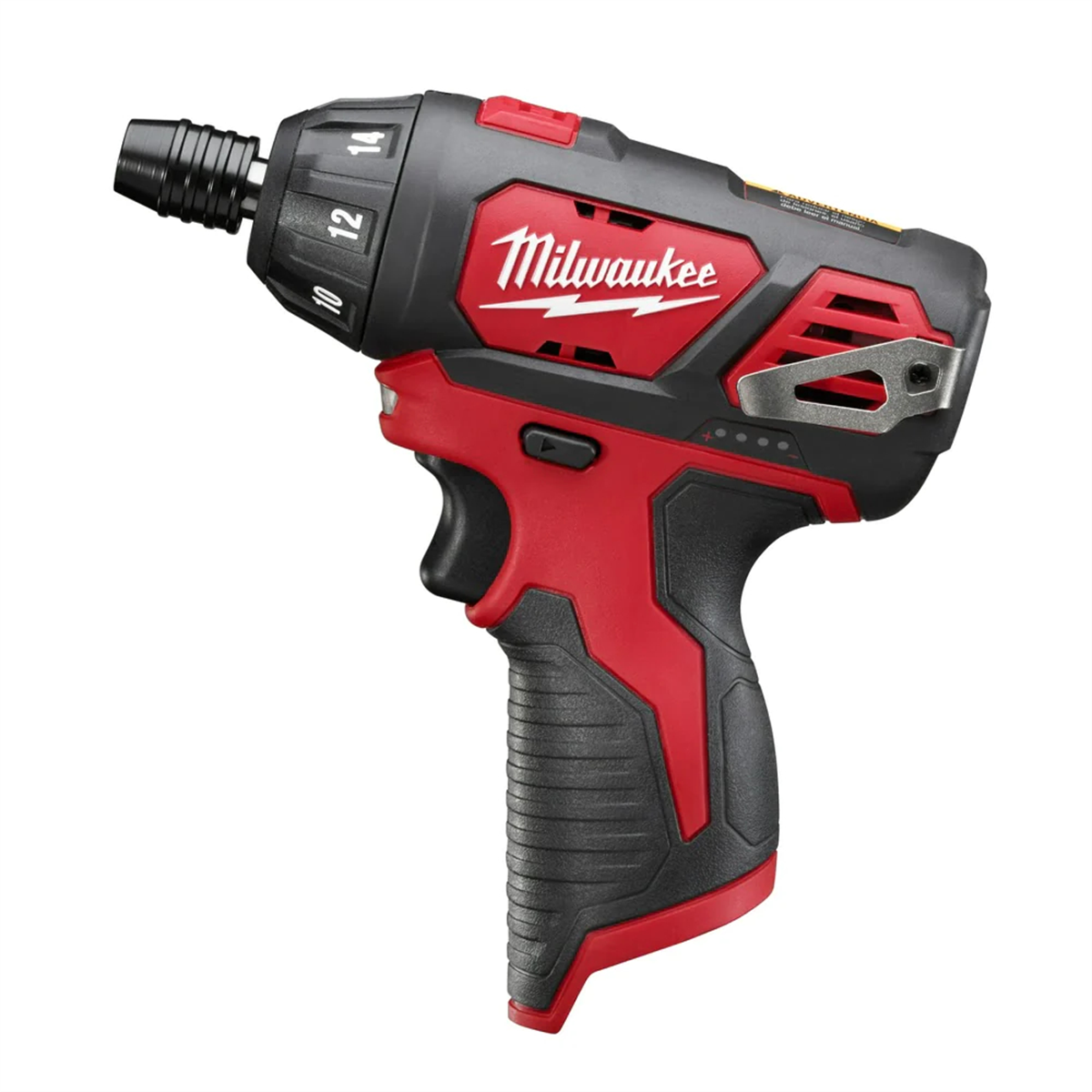

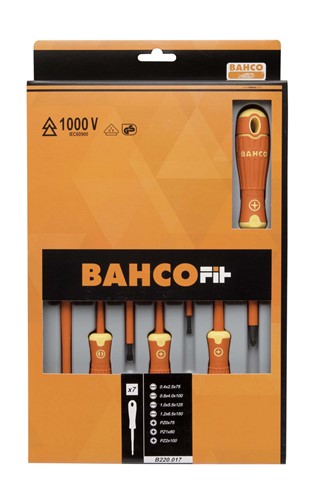
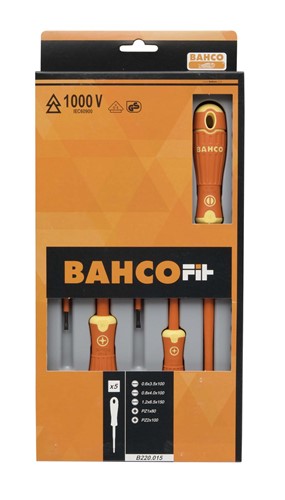
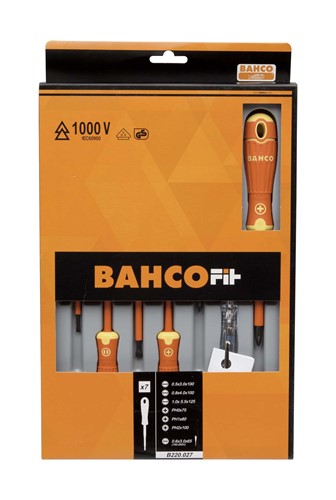
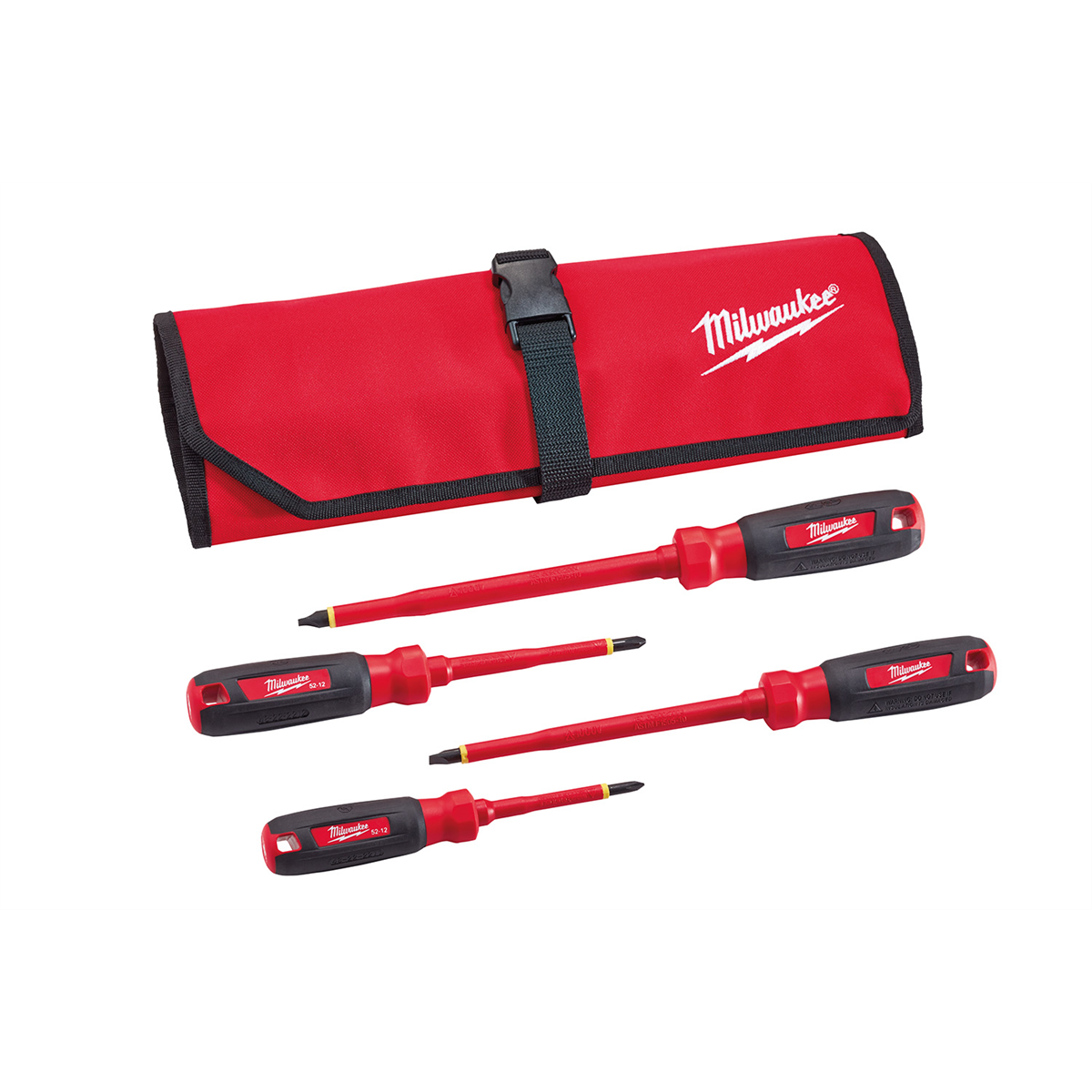

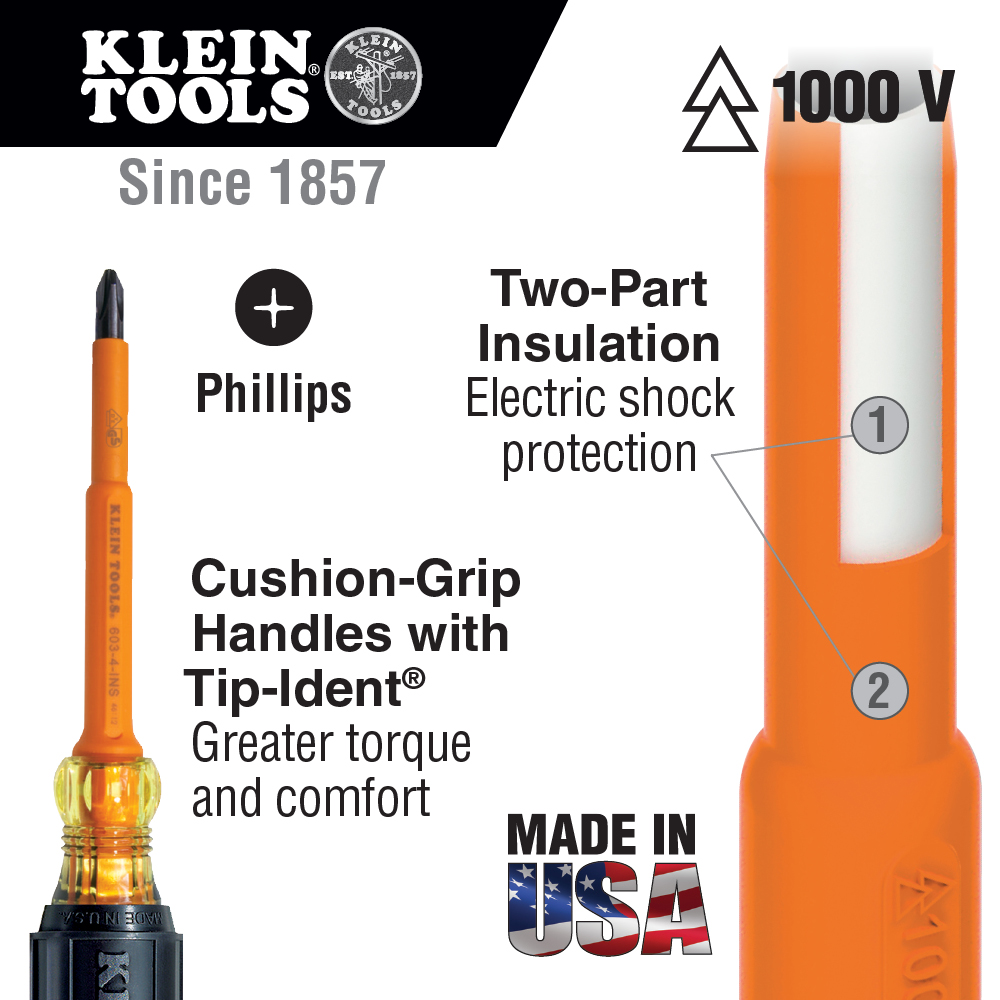



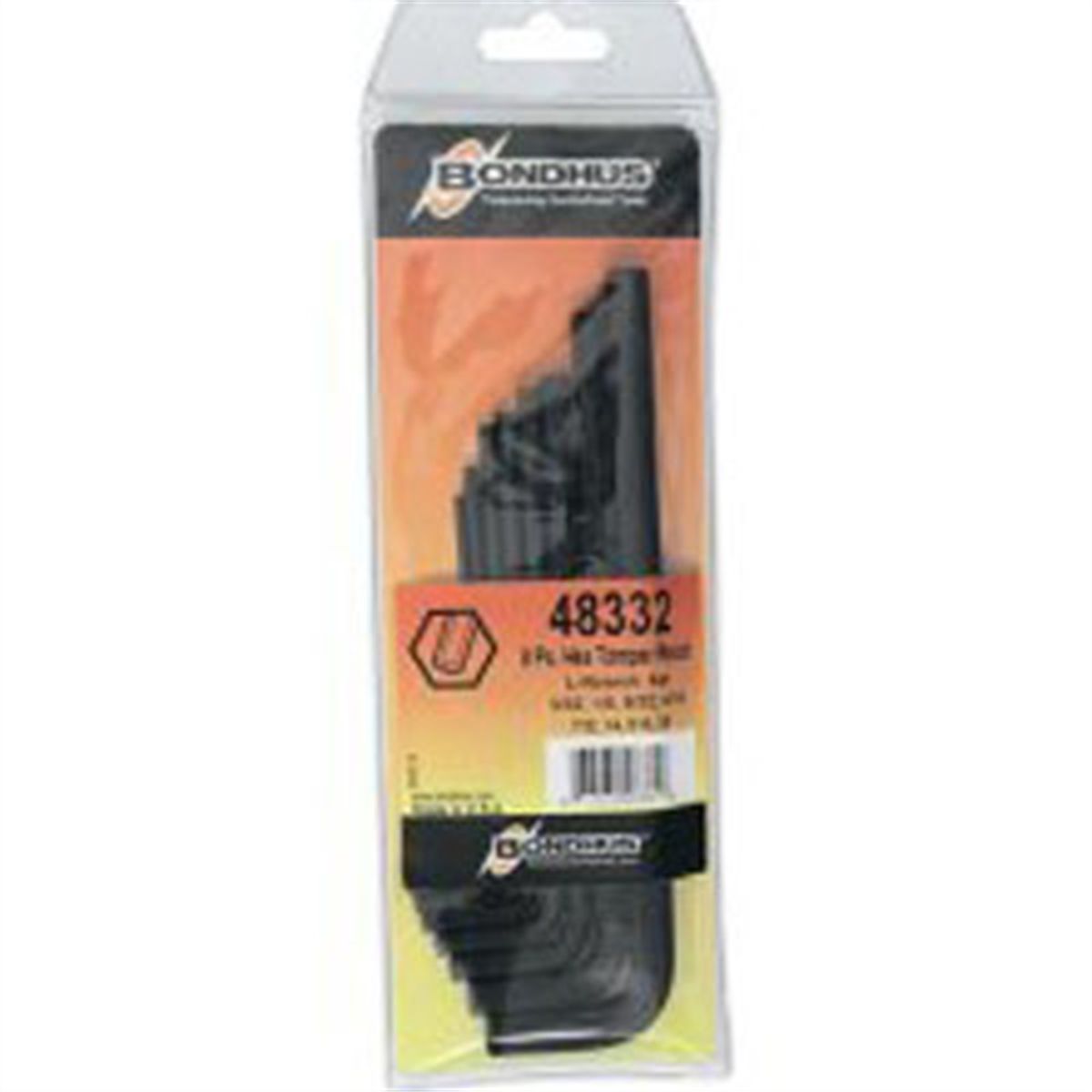


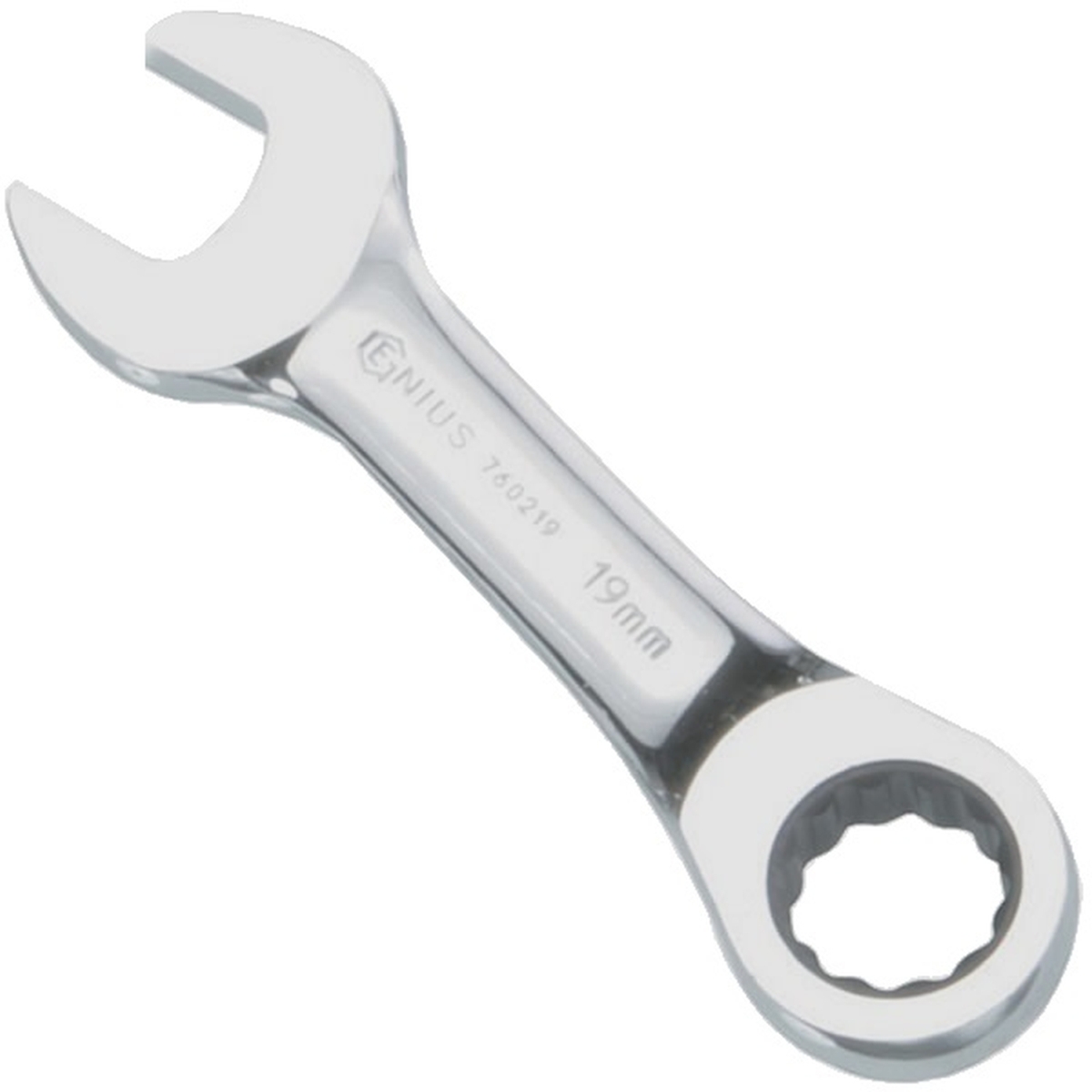

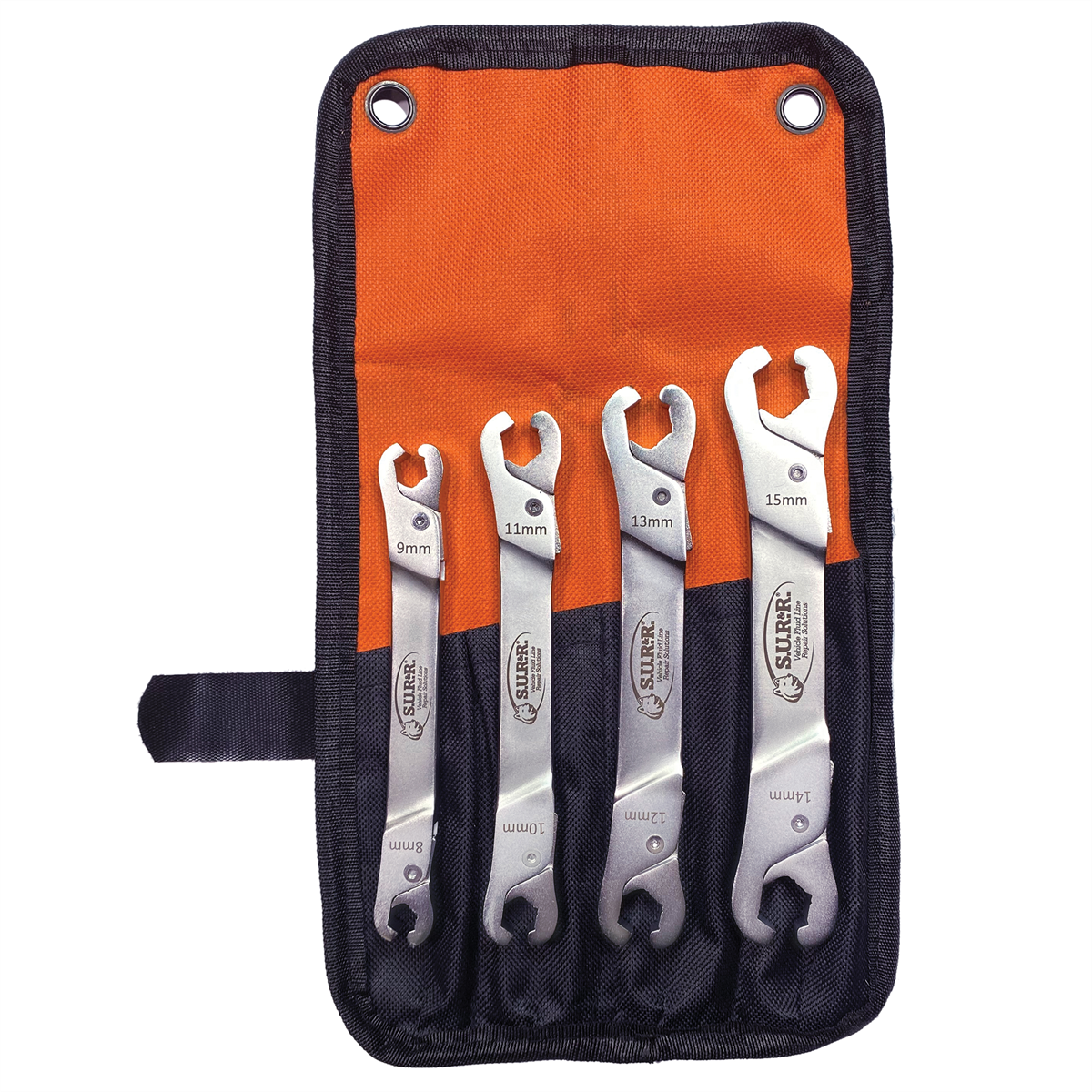

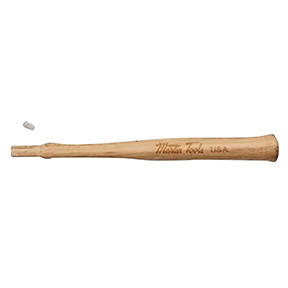

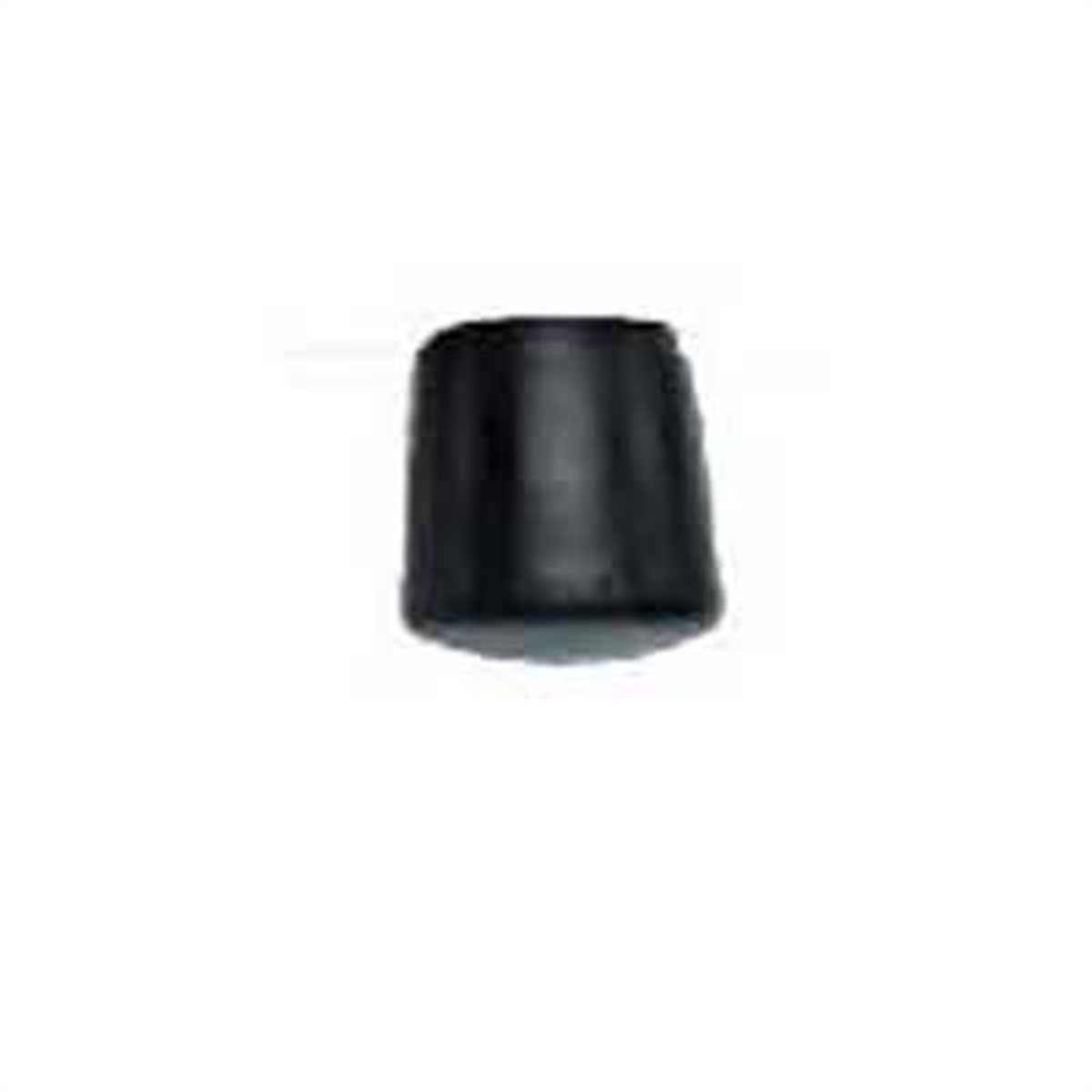

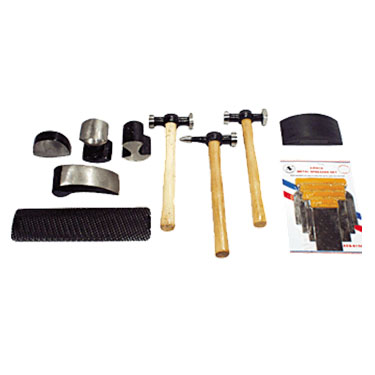
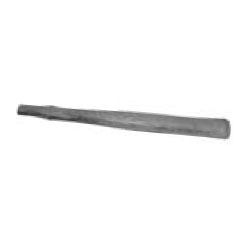

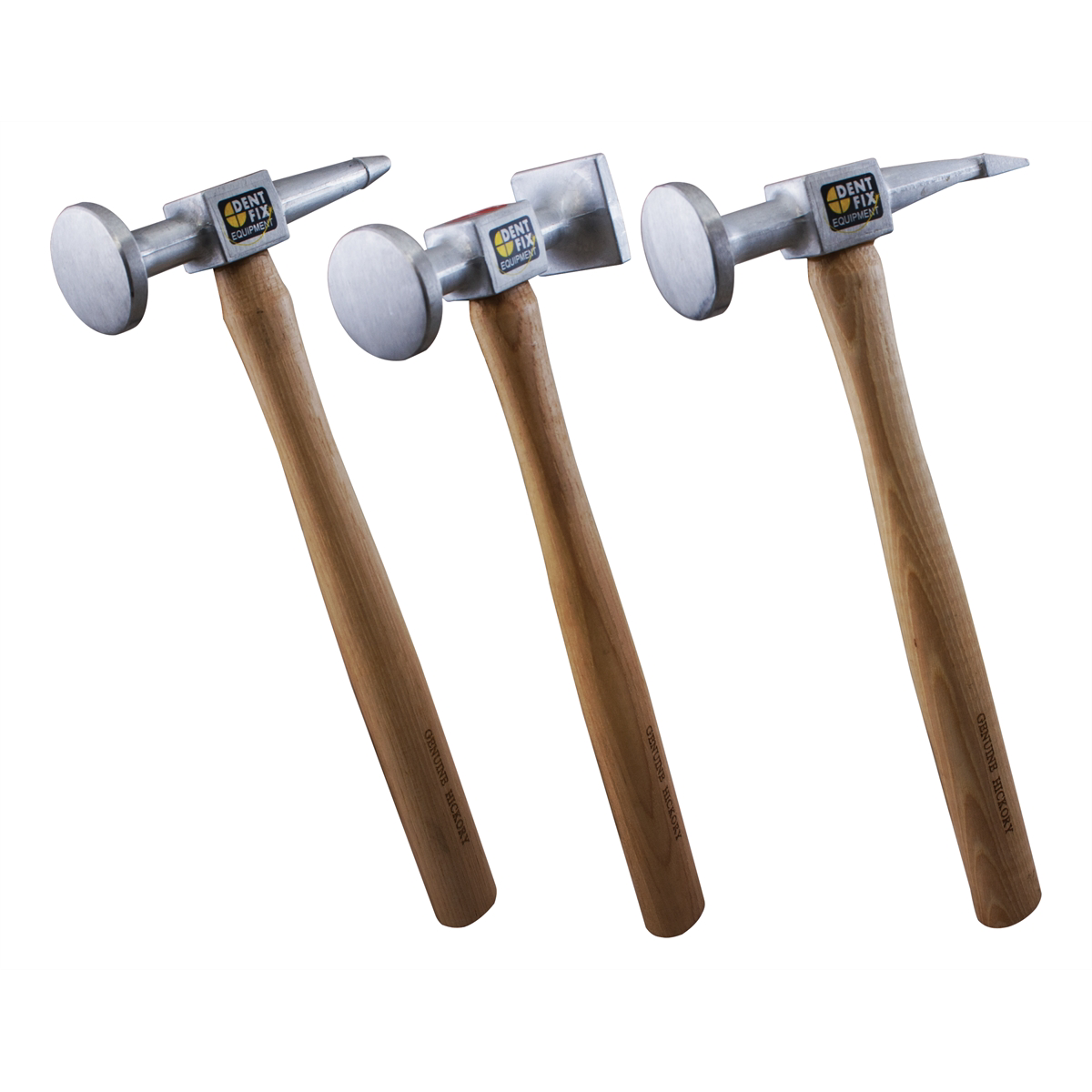


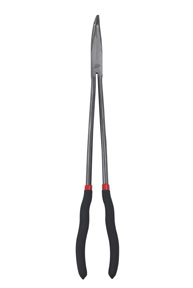
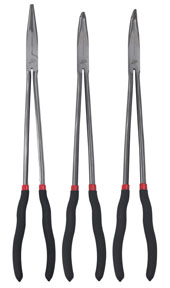
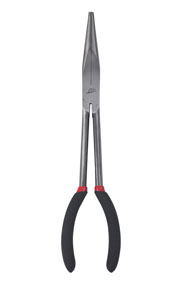

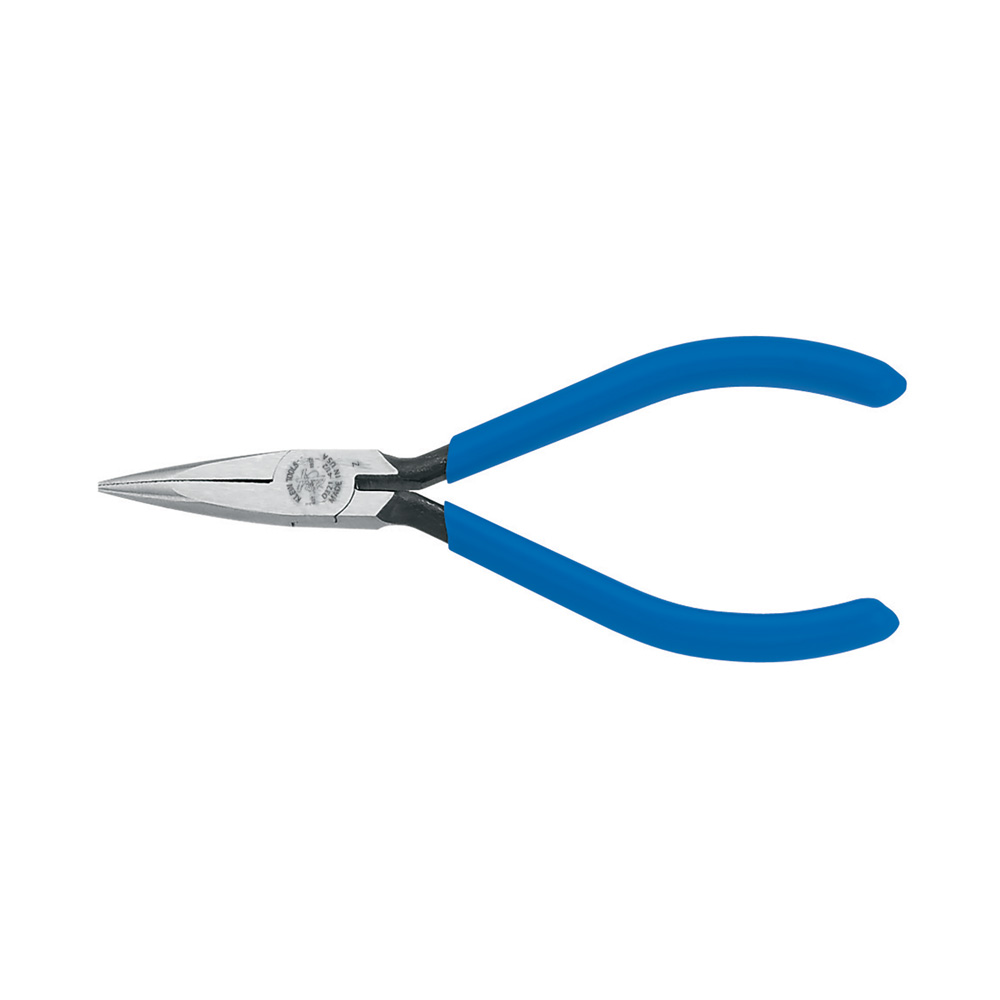

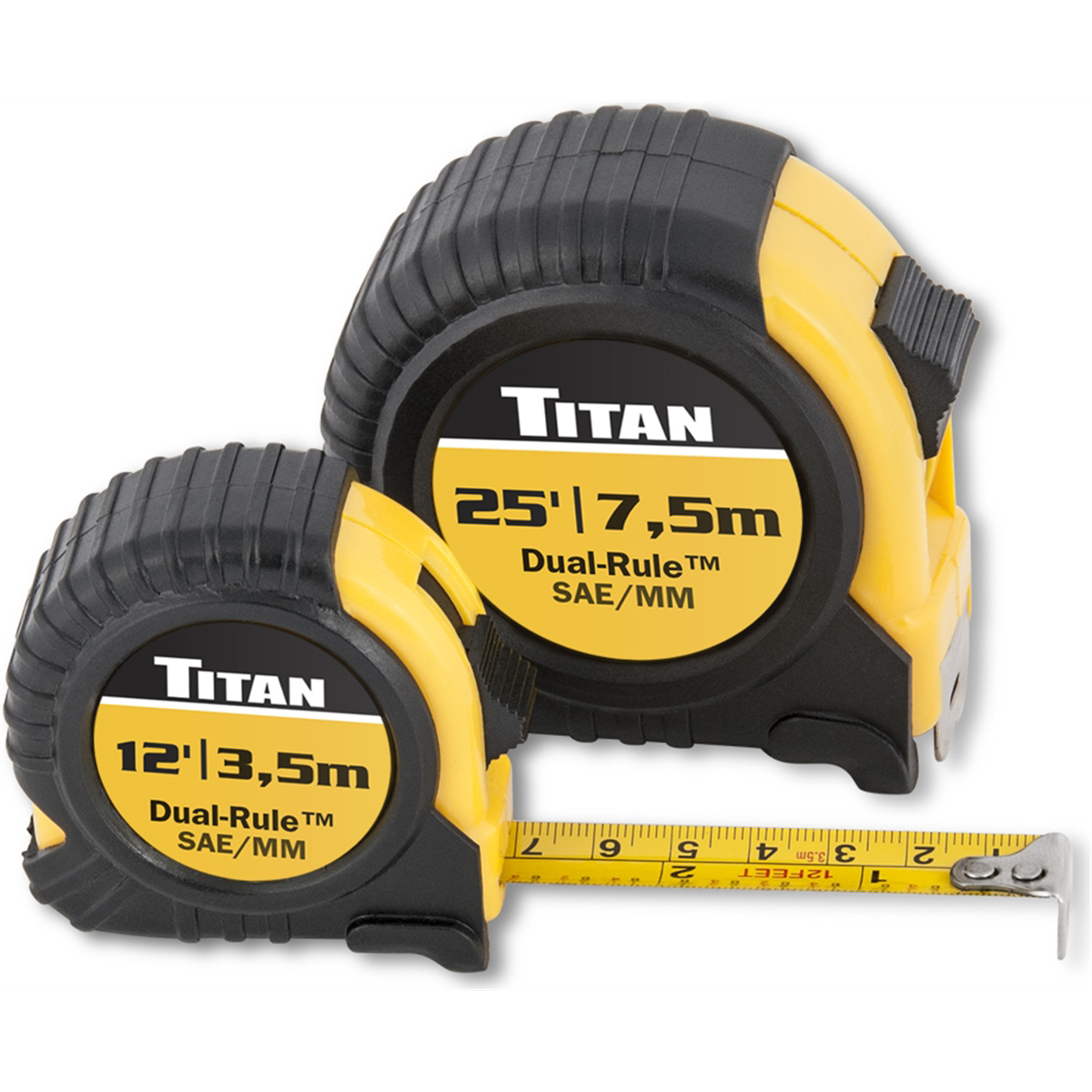

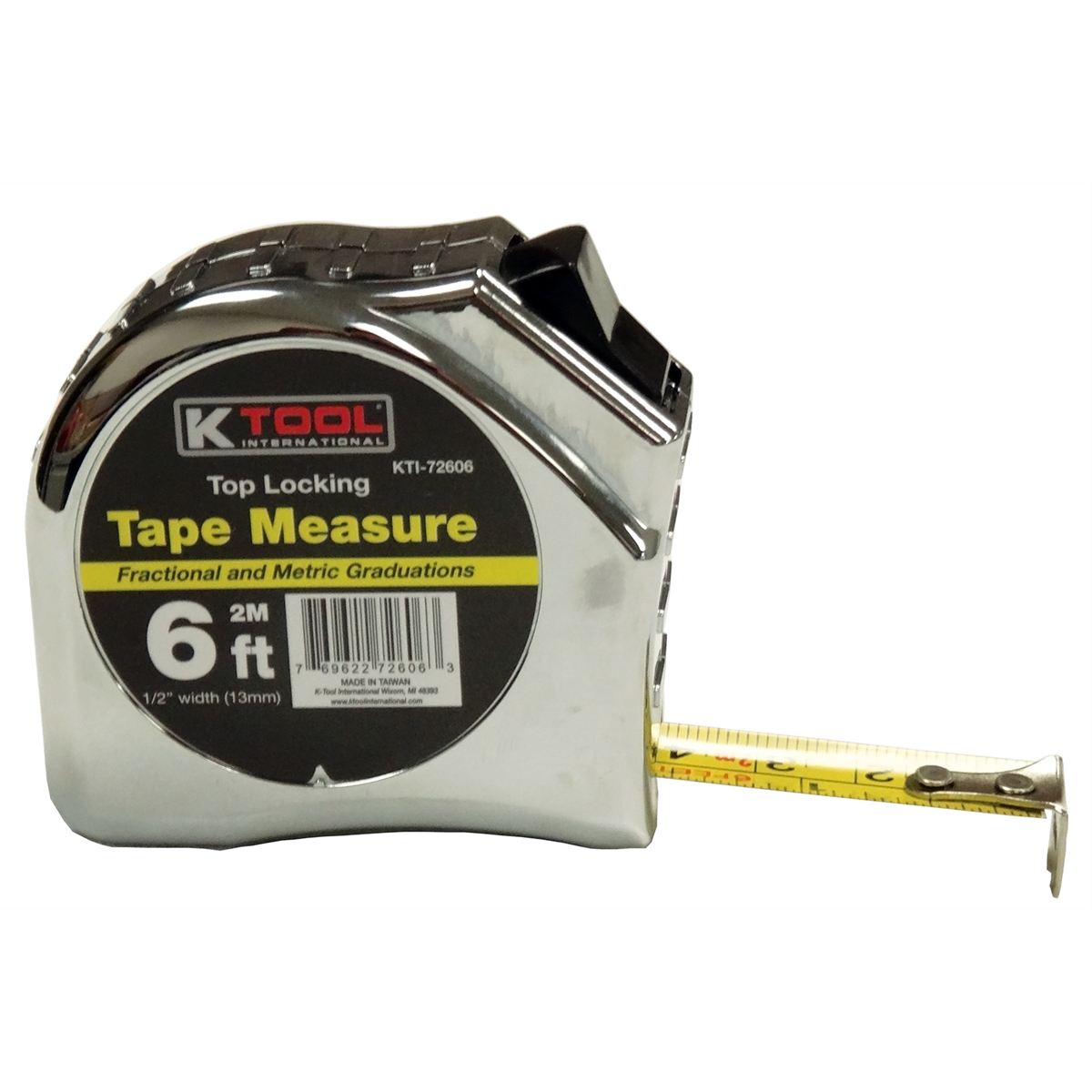
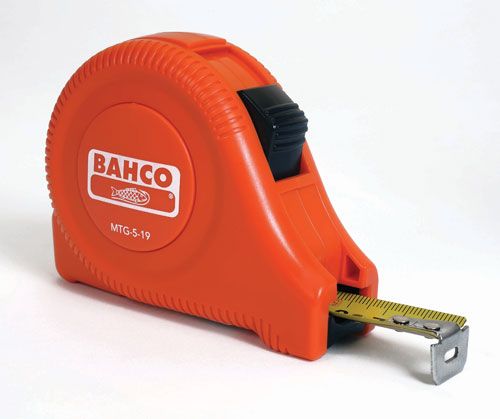
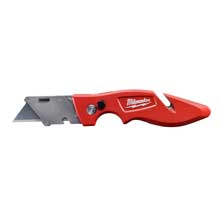

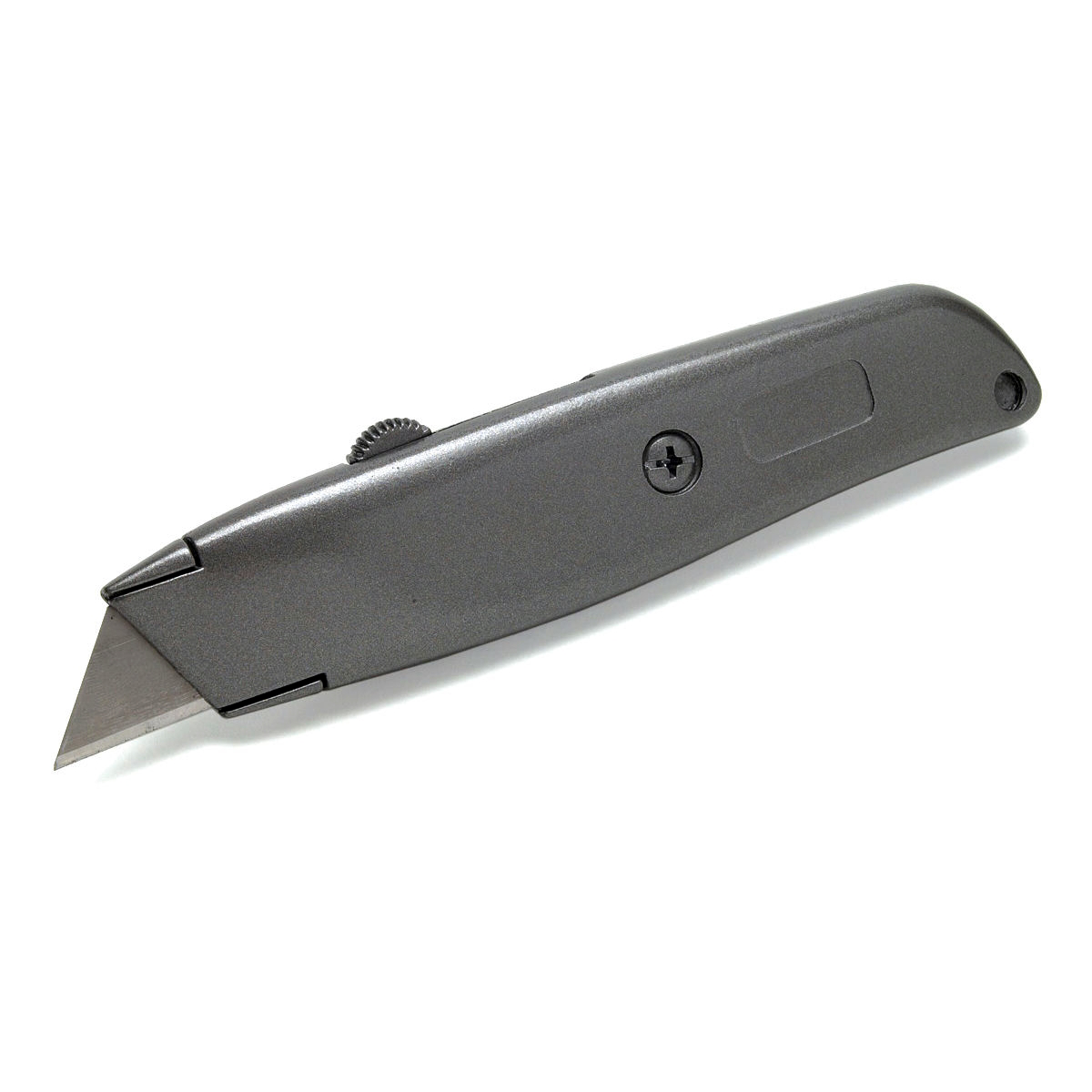
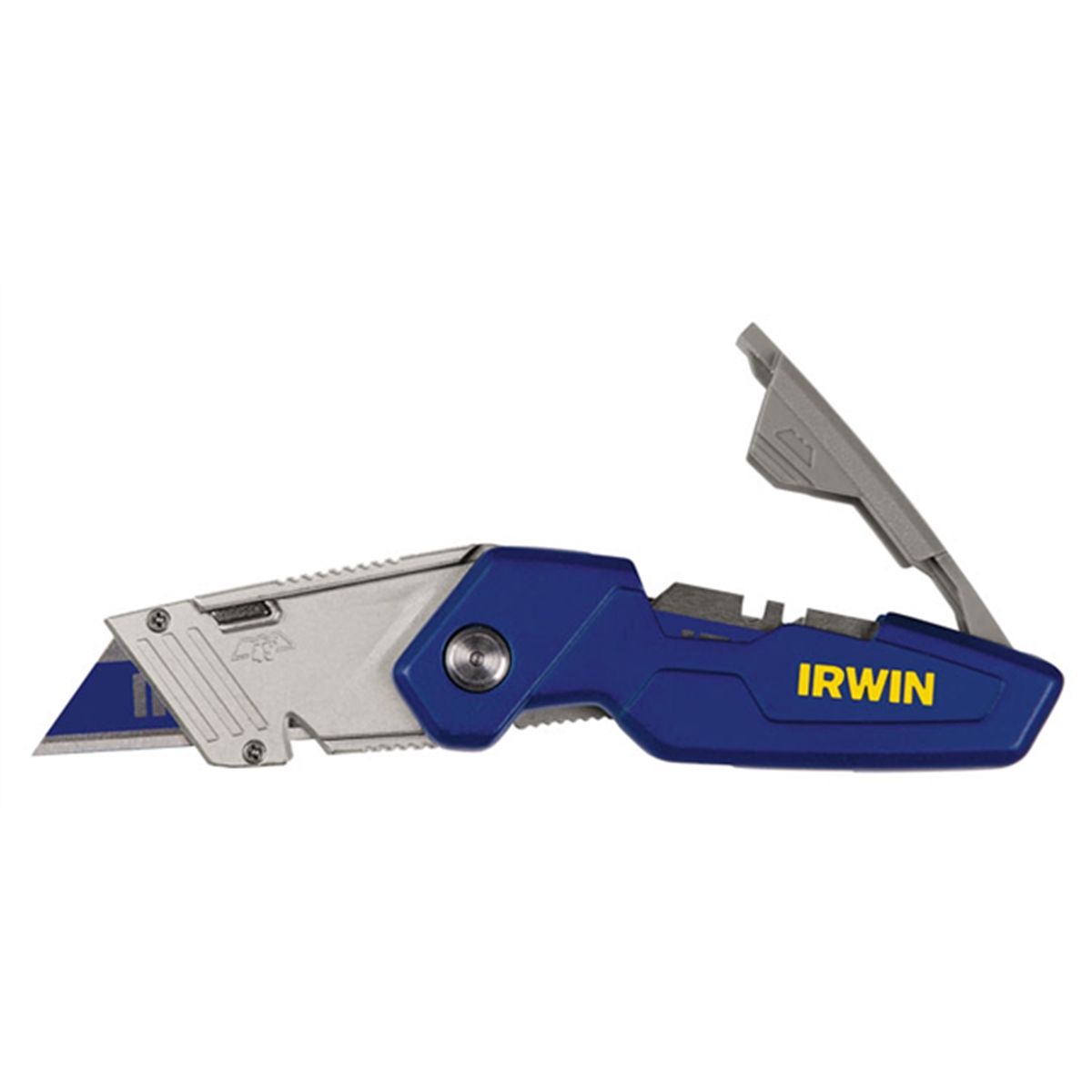
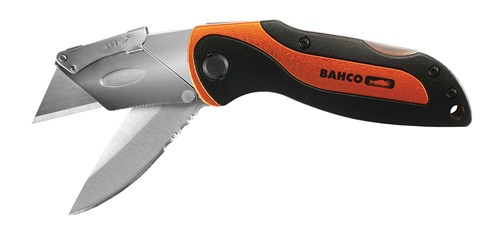
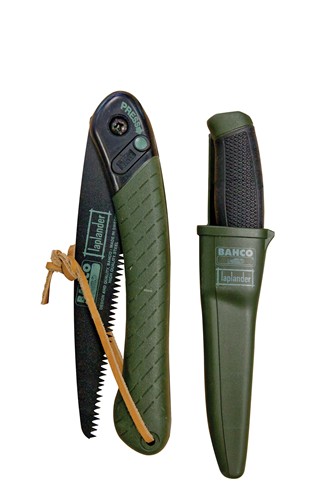
Follow us on social media